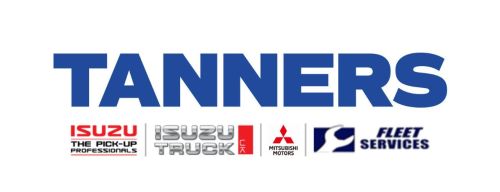Update on HMRC Double Cab Pick Up Guidance
On Monday 12 February 2024 HMRC updated its guidance on the tax treatment of Double Cab Pick Ups (DCPUs), following a 2020 Court of Appeal judgment. The guidance had confirmed that, from 1 July 2024, DCPUs with a payload of one tonne or more would be treated as cars rather than goods vehicles for both capital allowances and benefit-in-kind purposes.
Since then, the government has listened carefully to views from farmers and the motoring industry on the potential impacts of the change in tax-treatment. The government has acknowledged that the 2020 court decision and resultant guidance update could have an impact on businesses and individuals in a way that is not consistent with the government’s wider aims to support businesses, including vital motoring and farming industries.
HMRC have today announced that its existing guidance will be withdrawn, meaning that DCPUs will continue to be treated as goods vehicles rather than cars, and businesses and individuals can continue to benefit from its historic tax treatment.
This move is resultant of the government making clear that it will be legislating to ensure that DCPU vehicles continue to be treated as goods vehicles for tax purposes.
The government will consult on the draft legislation to ensure that it achieves that outcome before introducing it in the next available Finance Bill.
Nigel Huddleston, Financial Secretary to the Treasury, said:
“We will change the law at the next available Finance Bill in order to avoid tax outcomes that could inadvertently harm farmers, van drivers and the UK’s economy.”
Further information
- The tax on the benefit-in-kind will now not increase when employers provide these vehicles to their employees; and the capital allowances available in the first year of use will now not be reduced when a business purchases this vehicle for use in their trade.
- This will ensure a continued generous and consistent treatment of DCPUs for capital allowances, benefit in kind, and VAT purposes, maintaining simplicity in the tax system.
- HMRC will withdraw its updated guidance during the afternoon of Monday 19 February 2024.
- The Court of Appeal ruled that most multi-purpose vehicles, such as DCPUs, are cars in Payne & Ors (Coca-Cola) v R & C Commrs (2020) (BTC19).
- Arrangements that HMRC announced on 12 February 2024 to help DCPU owners adapt to the updated guidance are now redundant because the tax-treatment is not changing.
- This update is only with reference to DCPUs with a payload of one tonne or more. DCPUs with a payload of less than one tonne continue to be treated as cars.



